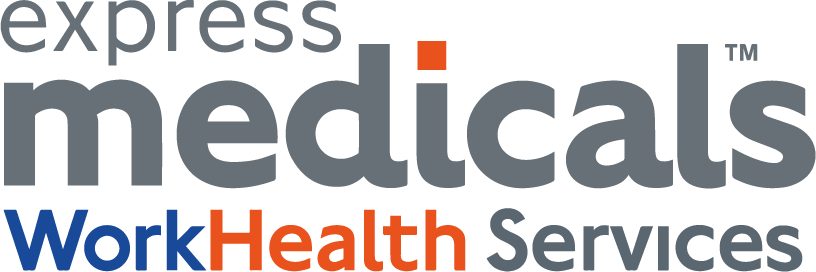Not Just Dust
The railway industry is becoming increasingly aware of the dangers caused by dust in ballast. This dust contains dangerous silica particles. It’s a threat to the health of your workers. Moreover, it has been linked to the danger of asbestos and therefore employers have reacted responsibly to avert a long-term health catastrophe.
Workers inhale silica dust when handling ballast, drilling concrete, bricks or tiles. It’s a real risk in many common construction situations.
Volker Rail won a Railstaff Award for their initiative, “Positive Intervention to Control Exposure to Ballast Dust”.
Similarity, other rail companies are working closely with occupational health providers to ensure their testing’s include specific silica tests. This is the only way to maintain a high level of commitment to staff safety.
Express Medicals Ltd tests for silicosis and related conditions at all clinics throughout the UK.
“Testing for silicosis is an important feature of railway medicals. We work closely with a number of companies to ensure workers are silica free. Furthermore, we find out if your employees should receive early intervention and treatment if we find they’ve been exposed to levels that might cause harm.” explains Dr Dan Hegarty, CEO of Express Medicals Ltd.
“We anticipate a significant rise in the number of these medicals throughout 2018. This is due to the increase in awareness of the various diseases caused by dust-borne particles.
It’s vital to test early, to help prevent the onset of silicosis.
Silicosis is a serious lung disease which can affect workers that breathe in silica dust. In most cases this condition however develops over a longer period of time. Yet, if a large amounts of silica are inhaled over a short period of time a rapid onset acute form of silicosis may occur. Here, sufferers usually cough and show increasing breathing difficulties upon exercise.
The following medical problems may also be diagnosed followed by silicosis:
COPD (chronic obstructive pulmonary disease) which also causes breathing difficulties
RA (rheumatoid arthritis)
TB (tuberculosis)
Lung cancer.
The role of correct PPE, including well-fitting face masks, is paramount.
A good occupational health provider will also help employers to ensure their requirements under the COSHH Regulations 2002 are met. Furthermore, it is important to contribute to briefing sessions in order to advise on occupational lung diseases, including silicosis.
What is silicosis?
How does it affect sufferers?
What does it do to the lungs?
How is breathing disturbed?
Why is it associated with some other medical conditions?
Is it very dangerous?
How quickly does it develop?
Is it likely to interfere with fitness and the ability to work?
Is forced retirement inevitable?
At Express Medicals we have created a four point process to assist managers. Here you should consider:
1). How best to educate your workers about the risks from silica?
2). Who to include in your health surveillance program?
3). Who to appoint as the responsible person to organize and oversee the program?
4). The appointment of an OH provider
The OH provider will act as a significant advisory partner to your health & safety staff and the management team. Its services will include questionnaires, medical examinations, chest X-rays (when appropriate) and liaison with GPs / other health professionals.
We, at Express Medicals are skilled in handling situations in which silicosis (or any other occupational diseases) are detected.
We are here to support individual sufferers and their employers.
The role of an occupational health provider in relation to silicosis falls into a wider remit of health & well being and health surveillance.
The benefits of providing health & well being services are increasingly recognized by employers. This is because it helps to protect the health of a workforce, and therefore also the morale, retention and performance in any company. Lastly, a workforce that is cared about will be more motivated, more efficient and company performance will be boosted.
A good occupational health provider will provide valuable, up-to-date information to your health and safety staff. They are essential partners in developing effective health and well being programs to keep staff motivated and efficient.
